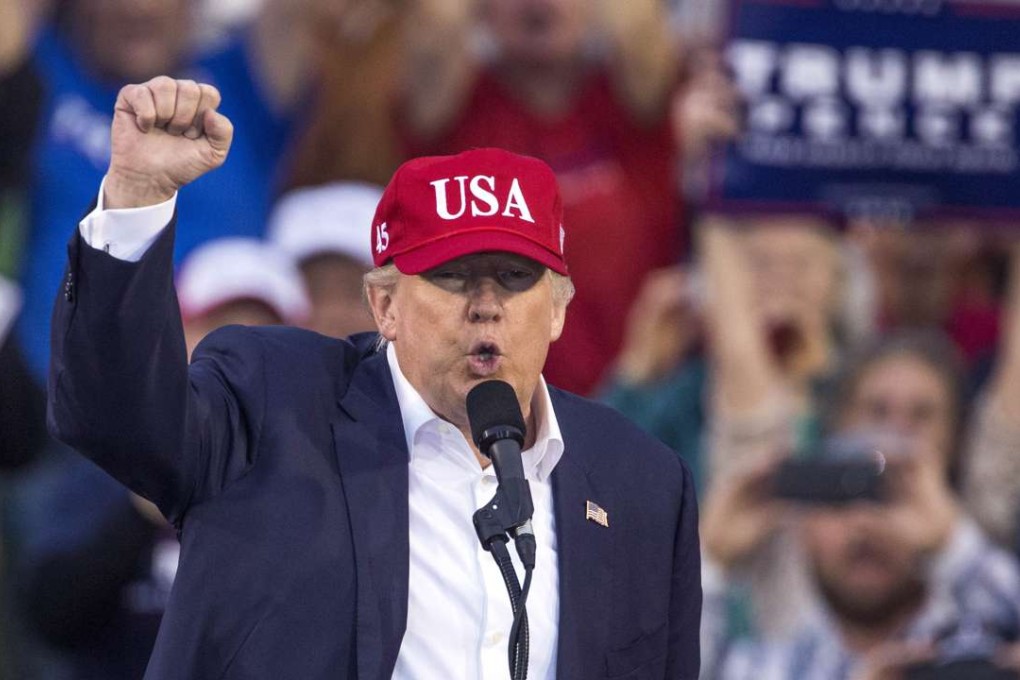Trumpian Absurdism and US-China relations
Few intellectual profits to be had from trying to figure out the logic of next US president’s China policy

Donald Trump’s bizarre post-election improvisations continue, having now made a crater of sorts in the field of US-China relations. Analysts and journalists have done their best to find the logic underneath Trump’s narcissistic fury, the almost aggressive texture of his ignorance, and the inexplicable pacing of his actions. The editor of Foreign Policy magazine, David Rothkopf, seemed to capture things best when he said that Trump’s pronouncements are “one part lunacy, one part incompetence, one part canny plan”.
Trying to suss out meaningful patterns in the case of Trump’s approach to US-China relations remains muddy but necessary work. In the case of the US president-elect’s discussion with Taiwanese President Tsai Ing-wen, it is important that we recognise that the leaders in Taipei may have played the key role in enabling the call, that Trump’s advisers on the Taiwan issue may have very little toleration for the ambiguities of the one-China consensus, and that lobbyists like retired senator Robert Dole may have more influence in Washington on this issue than China’s Ministry of Foreign Affairs.

Even if we assume that Trump’s roiling of the cross-straits consensus is finished for the time being, problems may still arise from the region itself. Inter-Korean relations seem primed for a new kind of rupture in the spring. North Korean leader Kim Jong-un has spent the past couple of weeks gleefully watching things blow up along the disputed Yellow Sea boundary with South Korea, and overseeing a commando raid on and destruction of a mock-up of the presidential Blue House in Seoul. If Trump had any interest whatsoever in the daily presidential briefings offered to him by the CIA, he might glean as much.
Michael Hayden, a former head of America’s National Security Agency and the CIA, described the briefings as not so important for their specific content but for the cumulative effect that they could have on a chief executive. These are a means of “building up a mental database” of crisis points so that when shooting actually begins, the president can make adept decisions and understands limitations and flexibilities in the new reality. In one briefing which was just declassified, we can read how just one week before Jimmy Carter was inaugurated as US president in 1977, Taipei and Beijing engaged in a kind of chest-bumping in the Taiwan Strait. Carter entered his term recognising the gravity of cross-strait relations, and with a tangible sense that the movement of the Chinese civil war towards peaceful resolution was hardly inevitable.